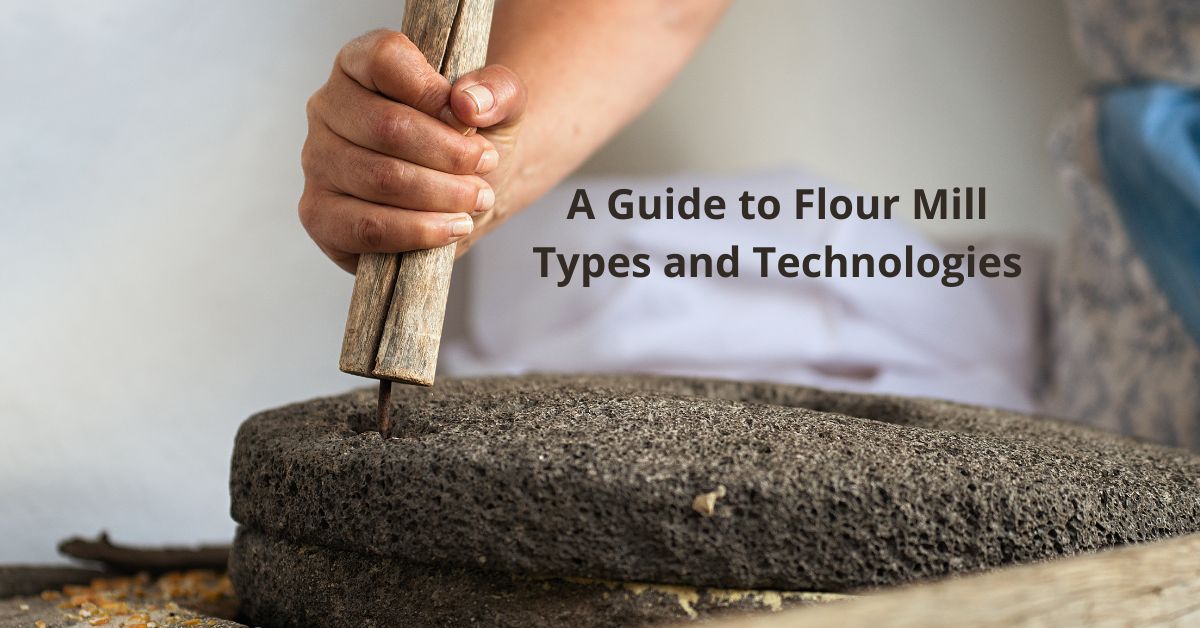With growing interest in home flour milling, what are the different types of flour mills available today? From electric to manual, burr to impact, there is a range of milling technologies used in modern flour mills for home or commercial use. Read on to learn about the characteristics of different flour mill designs.
Electric Grain Mills
Electric flour mills provide fast, automated milling at the push of a button. Many feature dual stainless steel or stone burr grinding systems for efficient milling and a cool grind that helps preserve nutrients. Popular electric mills include the Silence by Waldner and Mockmill 100.
Waldner Grain Mills
These iconic Austrian-made mills feature high-quality stone burrs that produce super-fine, velvety flours perfect for delicate pastries and cakes. The burrs turn slowly to minimise heat buildup. Waldner mills are treasured for their exceptional craftsmanship and performance.
Mockmill Grain Mills
This newer brand of electric mills has engineered its stone burrs to grind more coolly than traditional mills, preserving nutrients better. Mockmill burrs are designed not to touch, reducing friction and heat. Available in different models, including the Mockmill 100 and 200.
Manual Grain Mills
For traditionalists, manual and hand-crank flour mills provide that old-fashioned milling experience. Units like the Farina or Flocker attach to a counter or tabletop and are powered by turning a hand crank. Slower, but classic.
Burr vs. Impact Mills
Flour mills utilise either burr grinding or impact grinding technologies.
Burr Mills: Have two abrasive surfaces (burrs) that grind the wheat kernels that pass through them. Burrs can be either steel or stone. The space between burrs can be adjusted for fine or coarse flour grinds. Slower-speed burr mills retain more nutrition.
Impact Mills: Rely on high-speed collision and impact forces to grind wheat. Grains are struck by rapidly spinning metal blades or chains that pulverise them upon impact. Very fast milling but can generate more heat and nutrient degradation.
In summary, burr-style mills, with their slower grinding and cooler milling, are typically preferred by home bakers and flour enthusiasts seeking optimal nutrition and flavor. Electric models offer speed and automation, while manual mills provide classic charm. Consider your needs, budget, and interests when selecting a flour milling for your kitchen!




